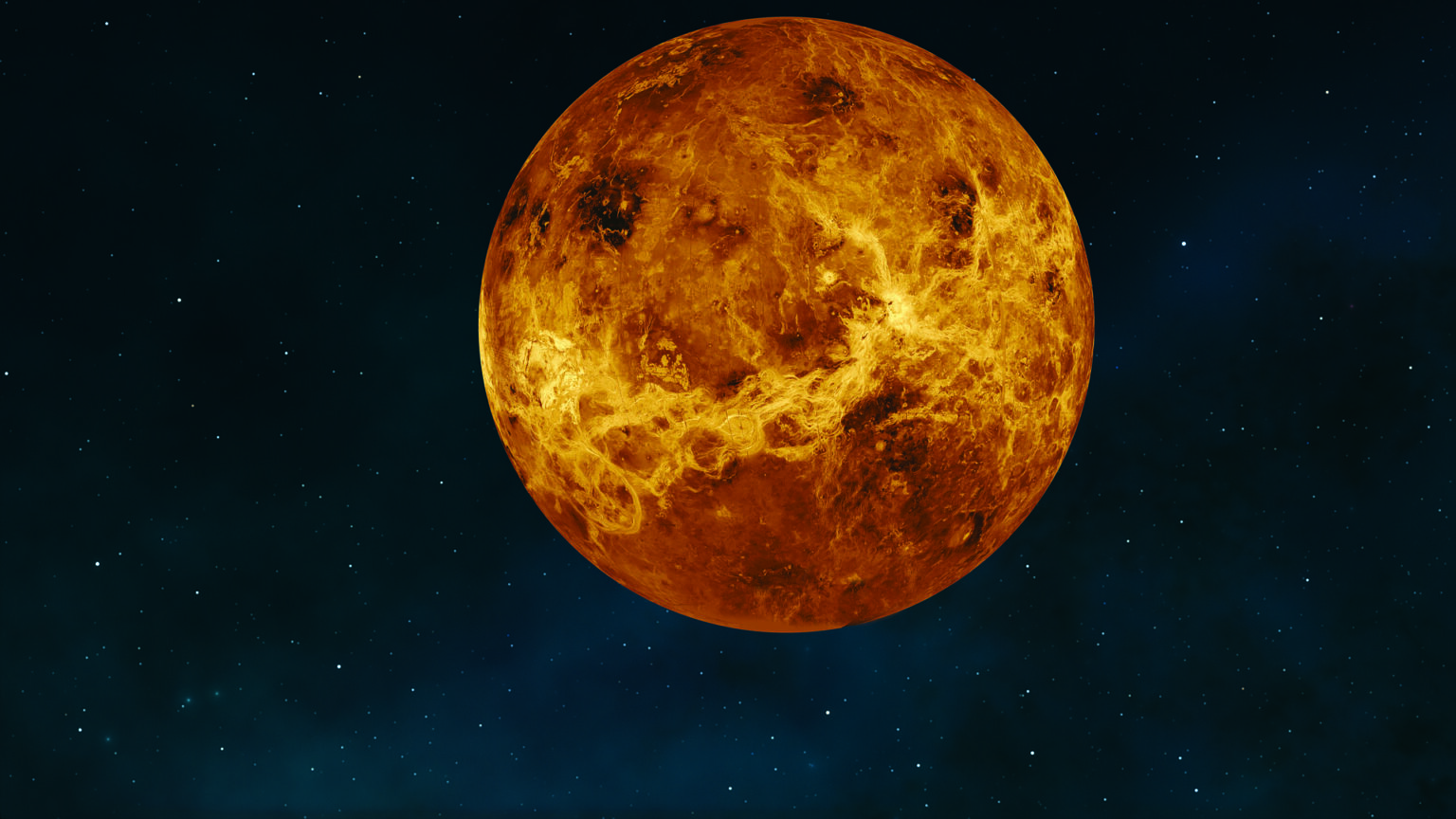A group of scientists modeled the conditions in the clouds of Venus, where the increased temperature is combined with sulfuric acid vapor. They have established that the nitrogenous bases from which RNA is constructed can remain stable under such conditions.

Organic compounds in the clouds of Venus
A team of chemists, biologists and planetary scientists from the Massachusetts Institute of Technology, Nanoplanet Consulting, Harvard University and the University of Alberta, using laboratory experiments, found out that conditions in the clouds of Venus may be favorable for the existence of life. In their article published in the Proceedings of the National Academy of Sciences, the group describes the experiments they conducted in and their results.
The temperature on the surface of Venus reaches 462 °C. This is guaranteed to be more than any organic molecules can cause. However, high above the surface, the atmosphere is heated only to 30-70 °C. It would be too hot for humans, but organic molecules could survive there.
The only problem is that there are dense clouds of sulfuric acid at this altitude. Therefore, the scientists decided to simulate similar conditions in the laboratory and see if the RNA bases could survive in them.
Nitrogenous bases remain stable
The researchers conducted experiments with cytosine, adenine, thymine, guanine and uracil. Then the pyrimidine and purine bases of ribonucleic acids were placed in the same conditions, as well as with 2,6-diaminopurine. At the end of the experiment, they examined the samples using nuclear magnetic resonance and ultraviolet spectroscopy.
As a result of the research, it is established that the “building blocks of life”, which are all the listed substances, remain stable in such conditions. That is, it is not necessary to talk about the complete impossibility of life on Venus yet.
The authors of the study have suggested that such conclusions may shock planetary scientists. But for chemists, there is nothing unknown about them. Oil consists entirely of organic compounds. During processing, it is exposed to concentrated sulfuric acid, but some cyclic hydrocarbons are not destroyed even under these conditions.
According to phys.org
Follow us on Twitter to get the most interesting space news in time
https://twitter.com/ust_magazine
